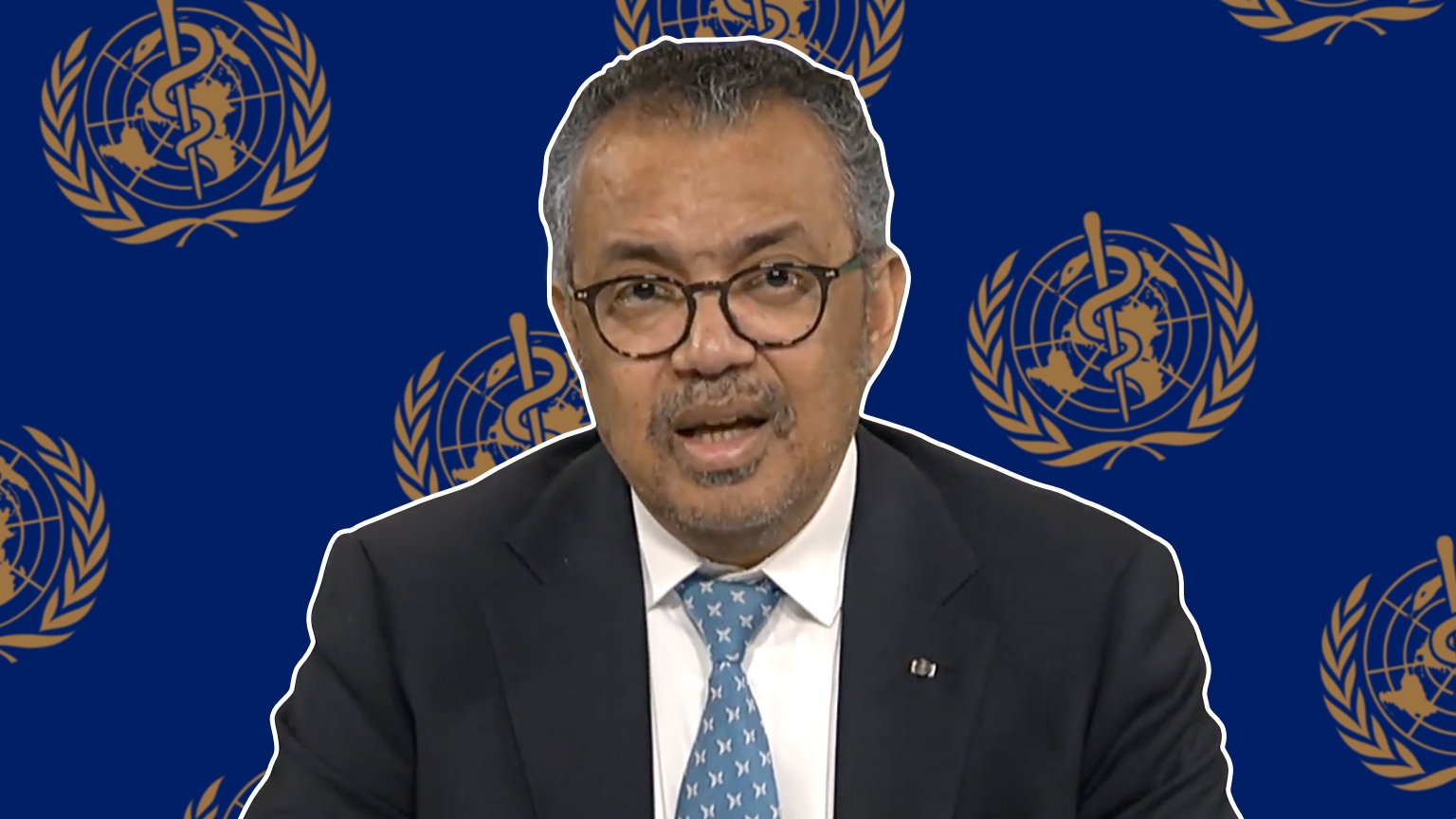The World Health Organization (WHO), an unelected global health organization that receives hundreds of millions of dollars in annual funding from a foundation tied to billionaire Bill Gates, is moving forward with plans to increase its surveillance capabilities under international law.
The WHO is attempting to push through these increased surveillance powers via an international pandemic treaty that will impose legally binding conditions on its 194 member states (which represent 98% of the world’s countries) if finalized.
The global health agency has been working on this treaty since 2021 and a WHO intergovernmental negotiating body (INB) held a meeting this week to discuss a recently released zero draft of the treaty.
The proposed expansions of WHO surveillance powers are detailed in Article 18 (“One Health”) and Article 11 (“Strengthening and sustaining preparedness and health systems’ resilience”) of the treaty.
Article 18 instructs WHO member states to “strengthen multisectoral, coordinated, interoperable and integrated One Health surveillance systems.” One Health is a system that the WHO has been striving to expand since the Covid pandemic. It uses links between “the health of people, animals and ecosystems” to “create new surveillance and disease control methods.”
Article 11 directs member states to bolster their surveillance functions for “outbreak investigation and control through interoperable early warning and alert systems.”
It also encourages member states to “establish global, regional and national collaborative genomics networks that are dedicated to epidemiological genomic surveillance and the global sharing of emerging pathogens with pandemic potential.”
In addition to granting the WHO new surveillance powers, the treaty also strengthens its power and control over a wide range of international health work by requiring the unelected global health agency to be recognized as the “directing and coordinating authority on international health work, in pandemic prevention, preparedness, response and recovery of health systems, and in convening and generating scientific evidence, and, more generally, fostering multilateral cooperation in global health governance.”
We obtained a copy of the zero draft of this international pandemic treaty for you here.
The WHO’s INB will meet again from April 3 to April 6 to continue discussing the treaty. It plans to present the treaty to the World Health Assembly, the decision-making body of the WHO, in May and finalize the treaty by May 2024.
While pushback against the treaty is growing, many WHO member states are still committed to the treaty.
If finalized, the treaty will be adopted via an international lawmaking process under Article 19 of the WHO Constitution. Unlike national laws, where elected officials vote on laws that apply to their country, this lawmaking process involves mostly unelected diplomats voting on the treaty.
This WHO surveillance power grab follows the WHO pushing to greatly expand its surveillance powers through proposed amendments to the International Health Regulations (2005). These amendments tell member states to build “collaborative surveillance networks” and contain plans for global vaccine passports. The WHO held a meeting about these proposed amendments last week and scheduled another April meeting to continue discussing the amendments.
Related: ???? The media starts to admit Covid surveillance tools are playing into the hands of governments
And it doesn’t end with surveillance. The unelected health agency also wants increased influence over the targeting of “misinformation” and “disinformation” through the pandemic treaty and the proposed amendments to the International Health Regulations (IHR).
The WHO is making this push as evidence continues to vindicate those who were censored under Big Tech’s misinformation for sharing content about the Covid vaccine not preventing transmission (experts are now admitting it doesn’t prevent infection) and the lab leak theory (government officials are increasingly admitting that Covid-19 likely emerged because of a Wuhan lab leak.










